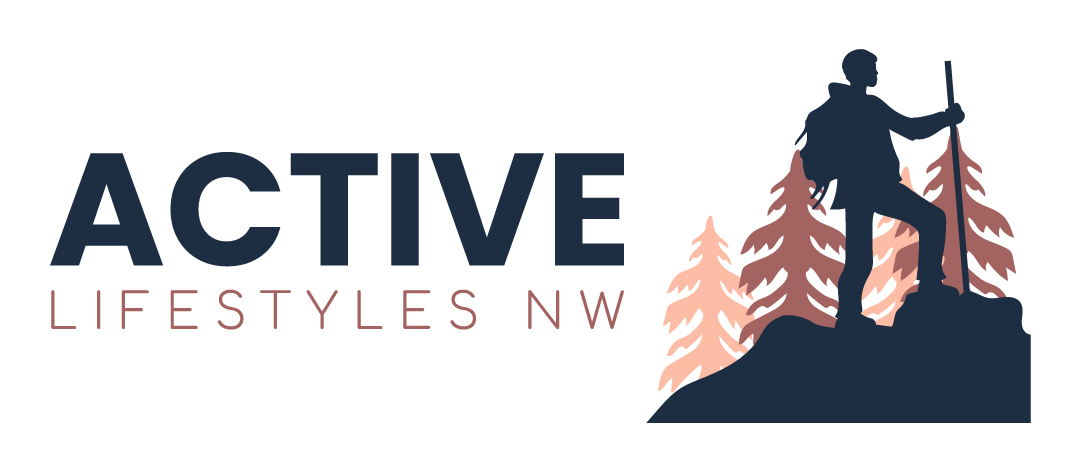By Leslee Jaquette
 Here is a recent blog by Dede Montgomery in Total Worker Health (TWH). I wonder what you think of her article. Do you work too much?
Here is a recent blog by Dede Montgomery in Total Worker Health (TWH). I wonder what you think of her article. Do you work too much?
I often overhear conversations on my daily tram commute that relate in some way to the mission of our Institute and the Oregon Healthy Workforce Center.
Today was no different as I heard two colleagues trade notes about work hours. The first quite enthusiastically shared how, since he had retired to a half-time work schedule, he is enjoying other enriching activities outside of work – specifically mentioning contributions to a local theater. His younger friend described how he’s had so many 70-80 work hour weeks, that he’s almost forgotten what it is like to have time for anything else.
Our workforce is populated with so many people racking up an exhaustive array of hours, some with jobs they like and others piecing together multiple low-wage jobs.
Must we wait until we are of retirement age to hope to pursue enriching activities outside of our daily work? It is all well and good to love what we do – we are lucky when our passions match what we do for a living. But do we sell ourselves short when we don’t have time to also develop other passions – mountain climbing, chess, or acting, not to mention having time to develop real relationships with our children, a good friend or an elderly parent? If we are lucky enough to live into retirement we hope to be financially, mentally and physically sound to be able to enjoy our “time off.” Sadly, some of us won’t make it to that sweet retirement age.
This formula does nothing to address the compelling research on how important disengagement from work is to our overall health, a research focus of our partner Dr. Charlotte Fritz, of Portland State University and the Oregon Healthy Workforce Center. Dr. Fritz focuses her research on what keeps employees happy, engaged, healthy, and productive. Some of her research questions address how work experiences impact us during our non-work hours, and how employees can be supported in our recovery from work.
Illustrative of this are the real practices some companies are beginning to follow as they recommend weekends off and enforce mandatory vacations, in hopes of protecting employee health, happiness, retention and productivity.
What is your organization doing to support your work-life balance and overall health?
Resources:
OccHealthSci subtopic page: Work/Life Balance
Work, Family and Health Network




